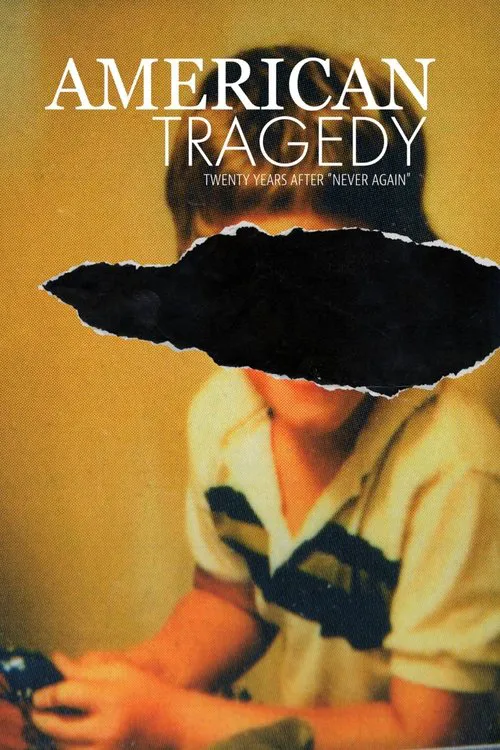American Tragedy

Intrigue
The documentary "American Tragedy" delves into the complexities of a mother's mind and her son's troubled past. At its core, the film revolves around Sue Klebold's struggle to understand how her son, Dylan Klebold, and his accomplice, Eric Harris, orchestrated the devastating Columbine High School massacre on April 20, 1999. In the film, Sue Klebold narrates her journey of self-discovery, confronting the contradictions that emerged after her son's brutal crime. She recounts the memories of Dylan, whom she lovingly called "Sunshine Boy," describing him as a warm and cheerful child who often laughed and showed affection towards his family. However, Klebold also reveals how Dylan began to exhibit signs of anxiety and depression around the age of 15, which gradually intensified into a more severe mental state. As Klebold tries to connect the dots between her son's deteriorating mental health and the tragedy he orchestrated, she raises crucial questions about the American culture's tendency to glorify violence and individualism. Her narrative delves into America's dark obsession with violence in movies and video games, speculating that Dylan's fascination with such content exacerbated his already fragile mental state. Klebold wonders if this relentless bombardment of hate and violence in media can push vulnerable young minds over the edge. Klebold also grapples with the role of Columbine High School, where the tragedy occurred. She explores the pressures faced by Dylan as a student in a hyper-competitive academic environment that emphasized test scores and extracurricular excellence. This environment led to stress, anxiety, and an increasing perception of isolation among some students, which eventually coalesced into a toxic atmosphere within the school. Klebold reflects on her interactions with Dylan's father, Tom, and how they coped with Dylan's increasing mental health problems. She acknowledges her lack of insight during this period and how she didn't adequately support her son. Klebold realizes that the failure to identify her son's early warning signs and seek timely intervention contributed to the devastating consequences. The documentary also sheds light on the Columbine shooting itself and its aftermath. Klebold revisits the days leading up to the shooting, recalling how Dylan's behavior grew increasingly erratic. She discusses the day of the attack, the chaos and panic it unleashed, and the devastating loss of life. The film includes testimony from surviving students, teachers, and law enforcement officials who share their personal accounts of that fateful day. The most poignant aspect of "American Tragedy" is Sue Klebold's confrontation of her own guilt and responsibility. She expresses a deep-seated desire to reverse the course of events and prevent the tragedy from occurring. Klebold shares her efforts to rebuild her life, to find a new sense of purpose, and to honor the memories of those lost in the Columbine shooting. "If love could have stopped Columbine," Klebold poignantly remarks, questioning whether something more fundamental – unconditional love – would have been enough to prevent such atrocities. This line encapsulates the existential crisis she faces, grappling with the limits of her love and how it might have saved Dylan from descending into chaos. Ultimately, Klebold's personal account transcends the confines of a simple question, delving into the intricacies of human nature and the darker aspects of the American psyche that may contribute to tragic events like Columbine.
Critiques
Recommandations




